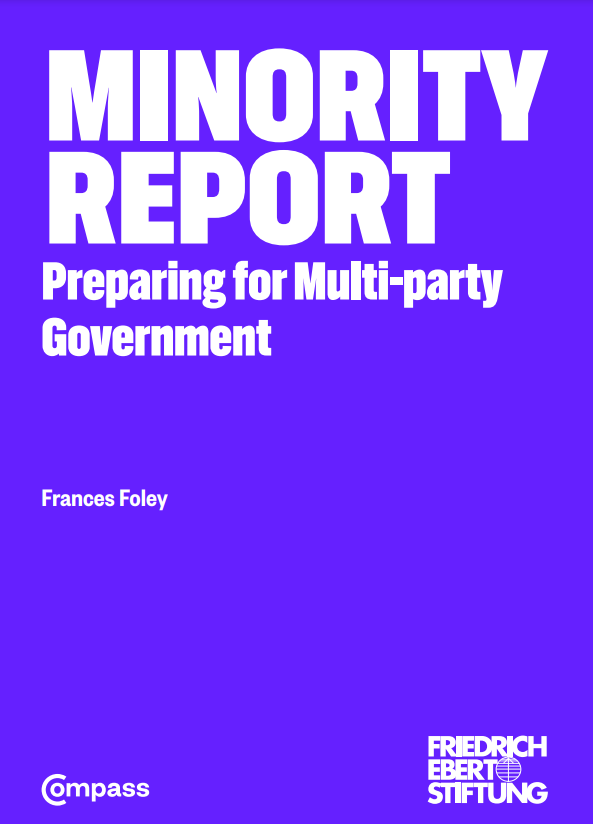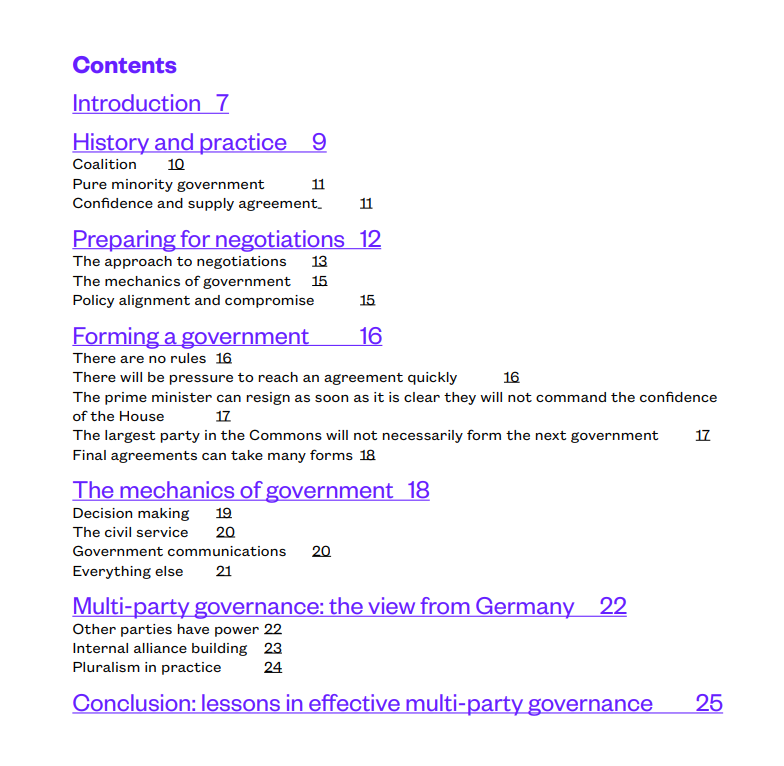Labour's opportunity: a multi-party government
If the Conservatives are to be defeated at the next Westminster election, Labour must back a coalition alternative.
https://socialeurope.eu/labours-opportunity-a-multi-party-government

It’s the open secret of politics in the United Kingdom: its next government will likely involve more than one party. And recently for the first time progressive party leaders were
reported by the
Financial Times to have acknowledged what it will take for them to form it—a non-aggression pact.
Yet what in other western-European countries is the norm is still regarded in the UK as a last resort, even shameful. Parties may join hands from Germany to Finland and indeed in Scotland and Wales (and much of local government). But the dominant Westminster politicians still place all their eggs—at least publicly—in the basket of a single-party parliamentary majority.
This is dishonest and a huge missed opportunity for Labour. If it wants to form a government, its best bet is to accept the electoral mathematics and seize the opportunities of inter-party co-operation. As
a new paper from Compass demonstrates, while multi-party governments may have signalled a scraping through or loss of face in 2010 and 2017 they now look inevitable.
Even with this new pact the possibility of Labour securing a majority at the next election, scheduled as things stand for May 2024, remains extremely slim. After the worst imaginable spell for the Tories, Labour’s poll lead peaked around 10 per cent and has receded. The party must gain 124 seats and lose none just to win a majority of one; this would require a consistent 12-point advantage.
snip
 https://www.compassonline.org.uk/wp-content/uploads/2022/02/Minority-Report_Preparing-for-Multi-party-Government.pdf
https://www.compassonline.org.uk/wp-content/uploads/2022/02/Minority-Report_Preparing-for-Multi-party-Government.pdf



